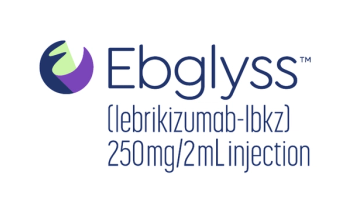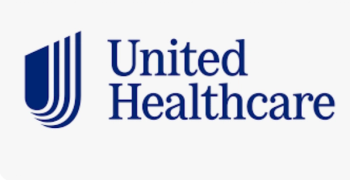
Specialty Pharmacy Has Won Lawsuit Against CVS Caremark
The case concerns the controversial direct and indirect remuneration (DIR) fees that pharmacy benefit managers (PBMs) collect from pharmacies. Meanwhile, a separate whistleblower lawsuit has been filed against CVS Caremark, its parent company and SilverScripts, its Part D plan, accusing them of blocking customers from getting cheaper generic drugs.
A San Francisco pharmacy that specializes in HIV medication has won a multimillion-dollar judgment against CVS Caremark in a case about the controversial direct and indirect remuneration (DIR) fees.
According to court papers, an arbitrator, Charles Pereyra-Suarez, awarded the pharmacy, Mission Wellness, $2.1 million in damages and another $1.28 million in attorney fees.
The pharmacy was represented by Frier Levitt, a Pine Brook, New Jersey, law firm that bills itself as a boutique law firm that has successfully challenged DIR fees.
“Just pay your bills. You lost. Pay your bills. Man up,” Levitt said in an interview last week. He compared the case to David versus Goliath and said CVS’ DIR fees had almost put the pharmacy out of business.
Brittney Manchester, a CVS spokesperson, said in an email last week that “CVS Caremark disagrees with the decision and is pursuing its rights on appeal." According to Levitt, CVS has indicated in a footnote in a court filing that it planned to dispute the Pereyra-Suarez’s decision and vacate the award but had not done so yet.
The Mission Wellness case comes as CVS Caremark is facing another legal challenge that could potentially be more serious. A former CVS executive, Alexandra Miller, has filed a whistleblower suit alleging that Caremark, the parent company and the company’s Part D plan, SilverScript, devised a scheme to systematically block SilverScript customers from getting less costly generic drugs.
The lawsuit, first obtained by
DIR fees are price adjustments made and collected by PBMs from pharmacies participating in Part D plans after the drug has been sold. Independent pharmacies and some physician organizations say the fees have soared, resulting in higher prices for patients and jeopardizing the viability of pharmacies as businesses. CMS issued a rule recently that limits the retroactive application of the DIR fees.
Some groups, such as the
Levitt said that about one-third of the net income of three largest PBMs — Express Scripts (which is owned by Cigna), CVS Caremark and OptumRx — comes from DIR fees.
Levitt said the main issue in the Mission Wellness case was Caremark’s poor evaluation of adherence rates to rates to antiretroviral drugs. “Caremark has no idea how to measure adherence to HIV drugs,” he says. Moreover, in Levitt’s telling, the company didn’t produce data during the arbitration hearings showing how it calculated adherence; Pereyra-Suarez’s decision mentions that CVS “could not support medication adherence scores.”
According to the Pereyra-Suarez’s decision, dated May 18, 2022, Daniel Andrzejek and Maria Lopez, purchased Mission Wellness in 2005, and Lopez is president. Levitt said Lopez has devoted her life to serving the HIV community and is very active nationally in HIV issues. Noting that many people with HIV have mental health and substance problems and are unhoused, Levitt said Mission Wellness went to extraordinary lengths to get medications to patients: “They delivered medications to people living under a bridge.”
Levitt said his firm has a “nice bucket” of cases concerning DIR fees, although he refused to say how many, citing the confidentiality agreements that his clients signed and possible litigation. However, Levitt said a 2019 case involving Senderra Rx Partners, a specialty pharmacy in Dallas, involved some of the same issues as the Mission Wellness case and was similarly unsealed. In that case, an expert for the pharmacy said it was entitled to $11.2 million in damages but the arbitrator disagreed and set the damages at $2.9 million.
Newsletter
Get the latest industry news, event updates, and more from Managed healthcare Executive.























